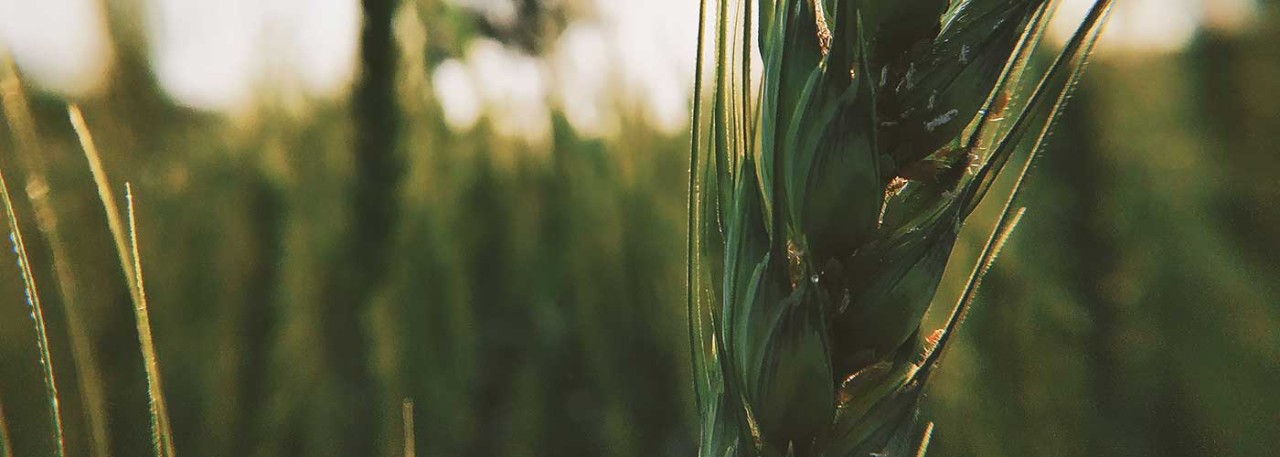.png.transform/rendition-xs/image_image%20(1).png)
How Can Spain Build a Resilient Food System?
María Naranjo, Director of Food, Wine and Gastronomy at ICEX, took part in a virtual debate focused on sustainability and food policies on Euronews.
In the last year, Spain and its agri-food sector have proven they’re prepared to respond to a situation as complicated as a health pandemic in an efficient, agile way with the appropriate safety measures and a commitment to ensuring excellent quality.
However, the challenge doesn’t stop there. The food systems, viewed as a circle in which producers, distributors, consumers and policy makers participate, must address the challenge of continuing to remain active in a global situation of climate change and population growth with a focus that is more sustainable, inclusive and fair.
How do we create healthy soils and ecosystems so that agriculture is both productive and sustainable?How has the food industry adapted its production and distribution processes to the challenges of climate change?How can public policy support environmentally sound and resilient food systems?
These were the interesting topics that María Naranjo, Director of Food, Wine and Gastronomy at ICEX, spoke about in the virtual debate, “The Future of Food & Drink: How to create a resilient food system,” organized by Euronews.
María Naranjo said that Spain is the leading producer of organic food in Europe with the most extensive area dedicated to organic crops on the continent, emphasizing that “Spain’s agri-food sector goes above and beyond with its staunch commitment to sustainability and is focused on achieving the UN’s Sustainable Development Goals.”
Naranjo explained that the Spanish agri-food industry’s development requires a long-term outlook, which is the only way to overcome challenges aligned with achieving those UN’s Sustainable Development Goals.
During this interesting debate, Naranjo highlighted the Spanish agri-food sector’s focus on innovation, sharing noteworthy examples. She spoke about a meat industry’s plans for sustainable feed for its livestock and traceability of the entire production process, as well as the creation of a start-up for food-related projects based on alternative proteins. Another example is a large Spanish dairy company that created a start-up incubator for companies that want to develop plant-based foods.

